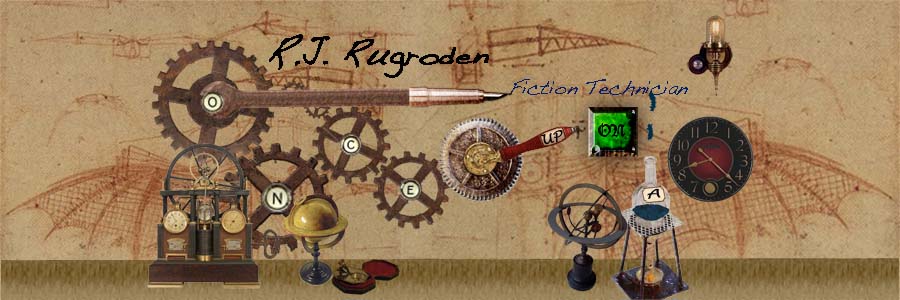No post this week, just a question.
What do you think about sequels? Should they be written? What about trilogies, or a series?
Do you think the general public is getting tired of multiple books of the same story, or do they love to read on and on about the same characters/setting/storyline?

My basic opinion of sequels: If the book is great, yes. If it is not, or there is no point in continuing it (the plot doesn't allow it), then no. I don't appreciate it when a book, that is just fine the way it is, suddenly comes out with a not-so-hot sequel. For me, it seems to ruin the first book more so...... The general public probably isn't tired of them yet. I say this because they keep on making them.
ReplyDeleteThere is a blog entry I found interesting, over at Simon's "Constant Revision". I would like to know your opinion of it, if you get the chance to read it: http://constantrevisions.blogspot.com/2010/08/snarketing-for-marketing.html
That article does make an interesting point. I don't know that I agree with him. Snark is not always the best way to get people's attention. But having a personality on the web is definitely important. It just doesn't have to be a snarky personality.
ReplyDeleteThat's kinda what I thought, but I wanted to know your opinion, as well . :)
ReplyDeleteI love series books. When I like an author I want to read EVERYTHING he/she writes. And if I find a particular character intriguing, I may want to read other adventures that explore their personality. But a sequel, or series, has to have a theme that is bigger than the one novel.
ReplyDeleteThe novel has to have a stand alone storyline that furthers the series plot. This concept is why Fantasy/Sci-fi and detective novels work best in a series. There is a sense of accomplishment in the novel itself, and this accomplishment furthers an even bigger goal.
Now, I've read some awesome family sagas (historicals usually) that spann several generations and do not have an overall plot. The forward progress of the family itself keeps the story interesting.
What can I say, I like soap operas.
This is an interesting question though. Do you have a serial in mind Reesha?
........dhole
Oh, I commented, then read the discussion. Hope you don't mind but:
ReplyDeleteI've been reading Simon for a while, and love his "snark". It works well for him, attracts a lot of like minded people.
But I've seen him take flack for the "attitude" also from readers who don't know how to read between the lines. Mostly, he's hoping to generate discussion, controversy. Or just get people to think about what works for them.
You've got a point Reesha. Personality doesn't have to be all about Snark. Roni at Fiction Groupie has loads of personality, and she isn't snarkish at all. But she's far from boring in the manner she presents writers tips, links, and opinions. And still, she manages to stir up the controversy.
Its all about taking a risk, I think, and not being shy over certain popular topics.
Half the battle is putting yourself out there online, IMO. Personality style takes a while to develop; and mostly has to be comfortable to the host blogger.
I like your blog Reesha, though I don't visit as often as I should. You have a unique personality and interesting ways of presenting your topics.
.......dhole
Thanks for weighing in, Donna.
ReplyDeleteSequels/prequels should only be authored if there is a legitimate story to tell. Twilight is a perfect example of a story that should have never been written, or sequels that should've been published. At yet, people keep buying and reading, and making films. Some writers find a great idea or character and then hunker down and bleed the story until it runs dry. C.S. Lewis said of the end of Chronicles of Narnia, "Once a story stops telling itself to me inside my head, like a tap turned off, and if I tried to, it would only sound forced."
ReplyDeleteI agree completely with Donna: "The novel has to have a stand alone storyline that furthers the series plot." Lord of the Rings is an exception to this, I'd say, but then Tolkien was working in a different genre than most writers.
Snark is sooooo 90's. It's easy to be sarcastic. It's much better to be honest and witty and add something to the conversation.